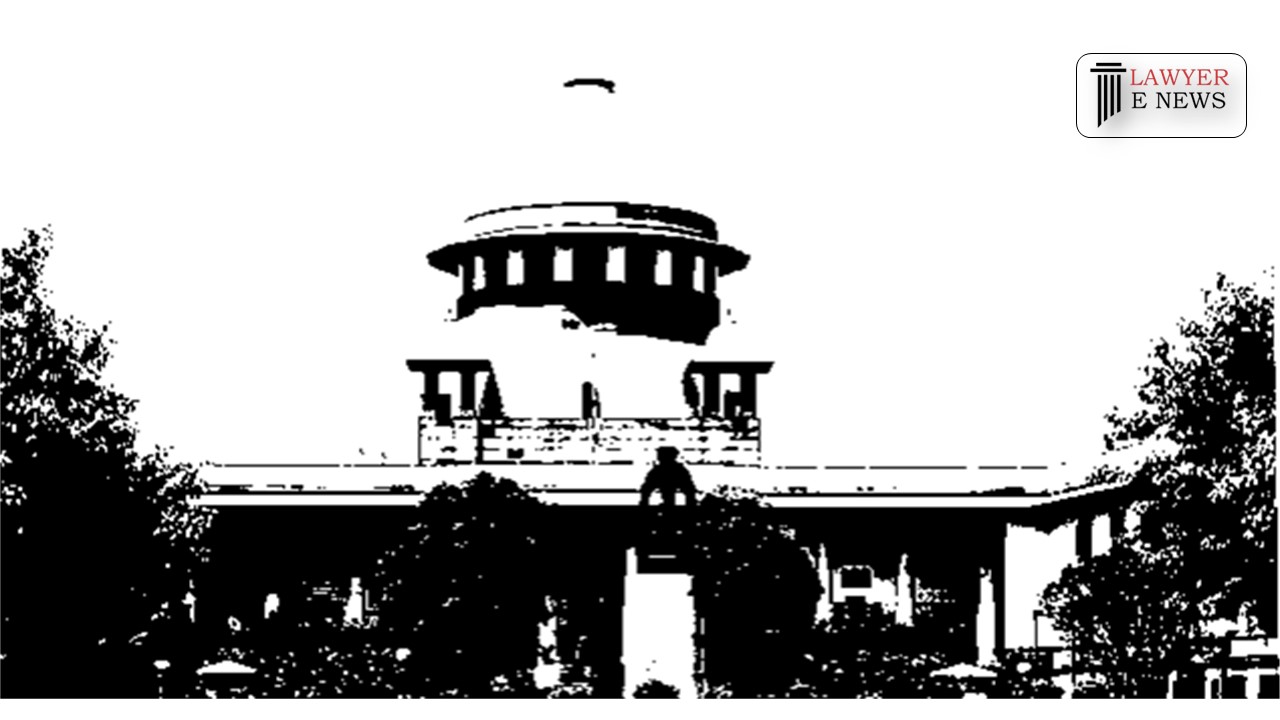-
by Admin
16 February 2026 1:47 PM



In a significant ruling, the Supreme Court of India has upheld the entitlement of generating companies to compensation for the shortfall in domestic linkage coal supply under Power Purchase Agreements (PPAs). The judgment, delivered by a bench comprising Justices B.R. Gavai and Vikram Nath, settles the long-standing dispute between generating companies and distribution companies (DISCOMS) regarding compensation for change in law and coal supply issues.
The dispute centered around the interpretation of provisions of the PPA, the National Coal Distribution Policy, Tariff Regulations, and expert opinions. The court considered the Station Heat Rate (SHR) and Gross Calorific Value (GCV) as key factors in determining compensation for the shortfall in coal supply.
The court affirmed the concurrent findings of the Central Electricity Regulatory Commission (CERC) and the Appellate Tribunal for Electricity (APTEL), which held that the SHR and GCV should be considered as per the regulations or actuals, whichever is lower. This decision ensures a fair balance between the interests of the generators and consumers in the electricity sector.
Supreme Court as follows: "SHR and GCV should be considered as per the regulations or actuals, whichever is lower: Supreme Court." This statement underscores the court's emphasis on adhering to the regulatory framework while addressing the compensation issue.
Additionally, the court upheld the entitlement of generating companies to claim late payment surcharge from DISCOMS for delayed payments under the PPA. The court agreed with the CERC and the APTEL that the DISCOMS had delayed payments and, therefore, the generating companies were entitled to receive the surcharge.
The news article highlights the conflicting stands taken by the DISCOMS in different cases and the court's admonishment of such inconsistency. The court noted that the DISCOMS contended that generators should seek remedies against coal companies instead of claiming compensation under the PPA, contradicting the stance taken by the Union of India.
"DISCOMS' contention that generators should seek remedies against coal companies is unreasonable: Supreme Court." The court's rejection of this argument underscores its commitment to ensuring fair compensation for the generators and maintaining the delicate balance in the electricity sector.
With this judgment, the Supreme Court has brought clarity to the compensation issue, providing generators with a legal recourse to recover losses incurred due to the shortfall in coal supply. The ruling is expected to have a significant impact on the power sector, promoting stability and fairness in power purchase agreements.
Date of Decision: March 3, 2023
MAHARASHTRA STATE ELECTRICITY DISTRIBUTION COMPANY LIMITED vs ADANI POWER MAHARASHTRA LIMITED
